Content tagged with "idop"
GDPR is coming: are we ready?
15.03.2018.
GDPR raises a number of issues cutting across data economy, ICT regulation, consumer trust, human rights and protection of privacy. Companies need to learn how to adapt to these new regulations but also to the demands of their stakeholders, as consumers are increasingly requesting improved cyber security. There is an increasing demand that companies include cyber security and data protection into their corporate social responsibility efforts.
more...Toast Ale: Best thing since sliced bread
15.02.2018.
Toast Ale, brewery making beer out of unwanted bread, is on a mission to tackle the global food waste scandal. Founded in 2015 by Feedback founder Tristram Stuart, Toast Ale is brewing their beer with unsold loaves from bakeries and unused crusts from sandwich makers, with only other ingredients being hops, yeast and water. In their first 15 months, Toast Ale has managed to recycle 3.6 tonnes of bread.
more...Freewa: social impact startup is mapping free drinking water
27.12.2017.
Freewa, launched in 2017, is a small startup from Croatia aimed to increase the availability of drinking water worldwide. It consists of a web platform, a mobile app for mapping free drinking water locations and an eco-friendly water bottle. App is developed through crowd mapping and crowd monitoring of global clean water resources and it reveals the closest free drinking water location. It has mapped over 2000 sources in over a hundred cities around the world.
more...Špeceraj: first zero-waste store in Croatia
12.12.2017.
Fully adopting zero waste philosophy requires profound socioeconomic changes and fundamentally different approach not only to resources and production but also to consumption. However, some grocery stores have been taking small steps in the right direction.
Zero-waste stores, which sell food in bulk and eliminate packaging, have been growing in popularity in recent years. Croatia recently got its first zero-waste store - Špeceraj.
Diversity Charter introduced in Croatia
26.09.2017.
In September, Croatia became the seventeenth EU country where companies can join the Diversity Charter. The project started at the beginning of the year, a public discussion was held in June, and Diversity Charter was adopted and presented to the public on 6th September 2017 at the Journalist House in Zagreb. Diversity Charter is a voluntary initiative aimed at promoting diversity, anti-discrimination, inclusiveness and equal opportunities at workplace...
more...The Water Framework Directive
25.08.2017.
Water is an essential resource for economy and at the very core of sustainable development. In the context of EU, it is a key element in the agenda on growth, jobs and investment, since all economic sectors need water for their activities, but also because the water sector directly includes 9000 active SMEs and almost 600.000 jobs in water utilities alone. Also, there is a growing awareness of the role of corporate social responsibility in sustainable water management...
more...Millennials are driving interest in sustainable investment
22.08.2017.
Sustainable, socially responsible or ESG (environmental, social and governance) investing is on the rise. A recent survey from Morgan Stanley Institute for Sustainable Investing has found that millennials are leading the way with nearly nine in ten (86%) of them being interested in sustainable investing.
Sustainable investing is the practice of making investments in companies or funds which aim to achieve market-rate financial returns while pursuing positive social and/or environmental impact.
Facilitating food donation: The Good Samaritan Law
04.07.2017.
The General Food Law (EC Regulation 178/2002) identifies food donation as a “market operation”, and food donors as “food business operators”, which means that all actors taking part in food donation have to comply with the EU food legislation concerning responsibility, liability, traceability, food health and food safety. Prospective food donors often decide to discard surplus food instead of distributing it to charities or food banks in order to avoid risks associated with liability for donated food...
more...The importance of food waste reduction in the framework of UN Sustainable Development Goals
01.06.2017.
Food and agriculture feature prominently in all 17 of the United Nations Sustainable Development Goals, because food is interconnected with almost all aspects of economy, environment and society: from world hunger, food security, desertification, deforestation, sustainable use of oceans, loss of biodiversity due to agricultural pressures, to overconsumption, obesity and public health. These problems are explicitly stated in Goal 2 and Goal 12...
more...New EU electronic certification system will improve food traceability
01.05.2017.
According to the EU law, traceability within the food chain is one of the common principles underlying food legislation, along with efficient controls, effective enforcement and responsibility of producers and suppliers. On April 19th 2017, a new system of electronic certification to better monitor imports of organic products was implemented on the EU level.
more...Find out more about the General Food Law
09.03.2017.
European citizens need to have access to safe and wholesome food of the highest standards. A series of food incidents in late 1990s draw attention to the need to establish general principles and requirements concerning food and feed law at Union level.
more...Solutions for a better food donation system in Croatia
21.02.2017.
Since Croatia is still on it's way when it comes to learning from good practices of other countries in the area of food donations, great amount of education is needed for all stakeholders.
more...The culture of food donations in Croatia
On November 1st 2015 the Croatian Ministry of Agriculture adopted the Rules on the conditions, criteria and ways of donating food and food for animals. These rules lay down detailed conditions, criteria and ways of donating food in Croatia. Also, they assure that Croatian enterprises do not have to pay VAT on the food donations.
more...Rules on food donations: The growing number of social supermarkets in Croatia
Before the changes of Rules on donating food in 2015, Croatian enterprises had to pay VAT when they donated food, which is no longer the case. In fact, before these changes, it was more profitable for the enterprises to waste food instead of donate it. Even though the rules have changed, the problems are still numerous and still are not solved from the legislative side – the growing number of social supermarkets is surely one of the most visible.
more...Overview of the current legislation concerning food donations in EU Member States
The General Food Law, the Food Hygiene Package, Tax legislation and the Waste Framework Directive - Directive 2008/98/EC12: Legislation concerning food donations in EU Member States.

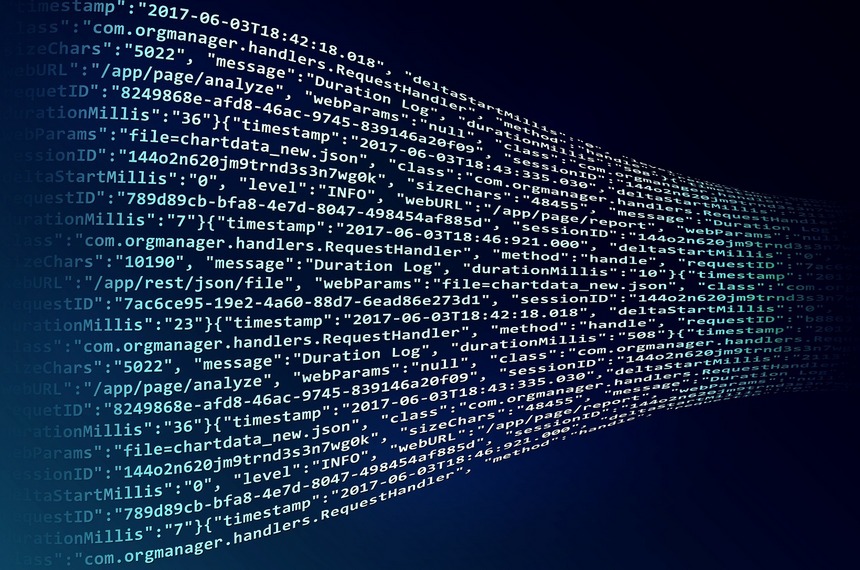
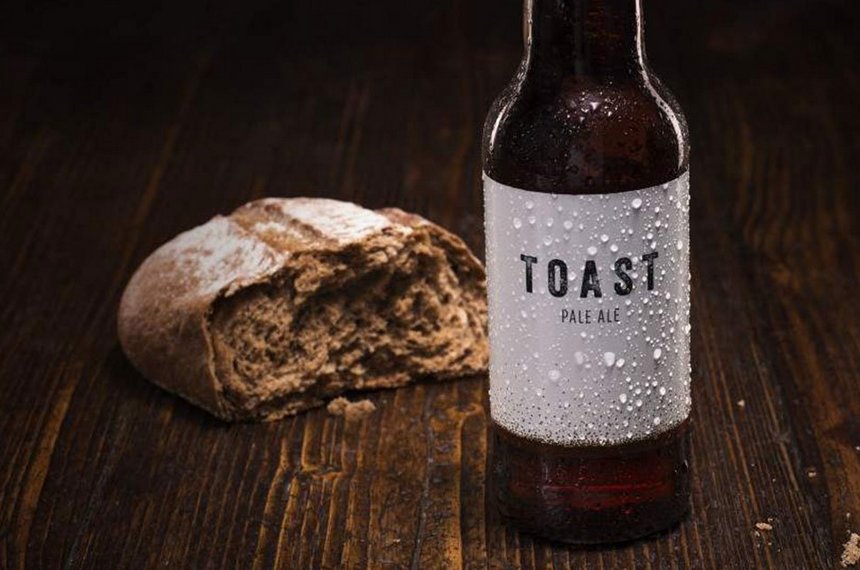
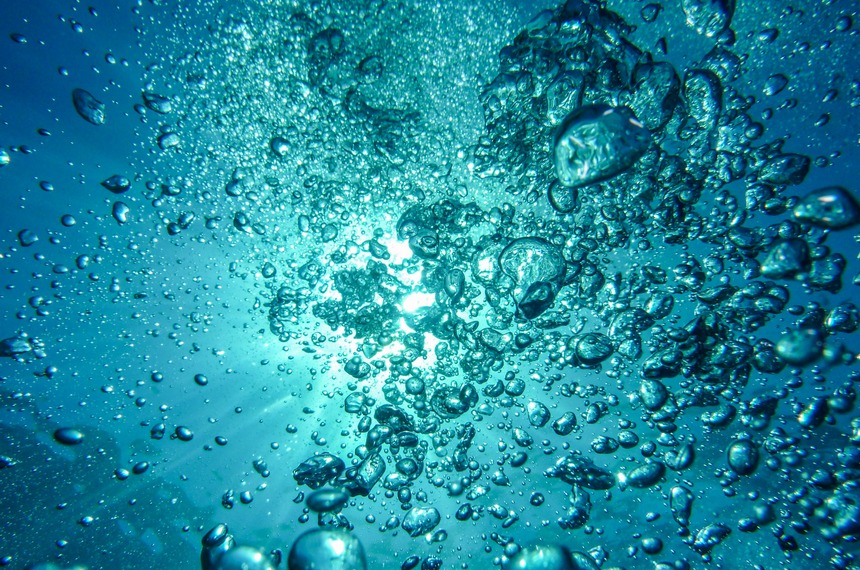
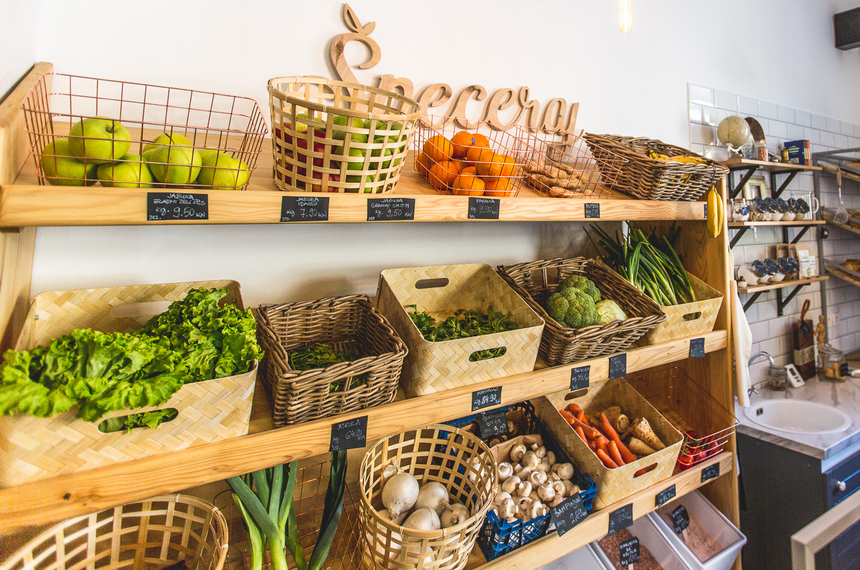



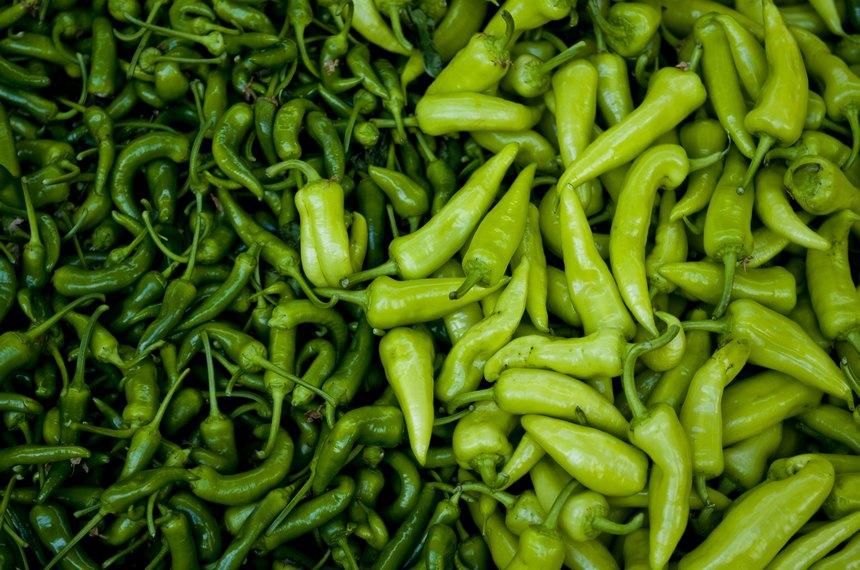
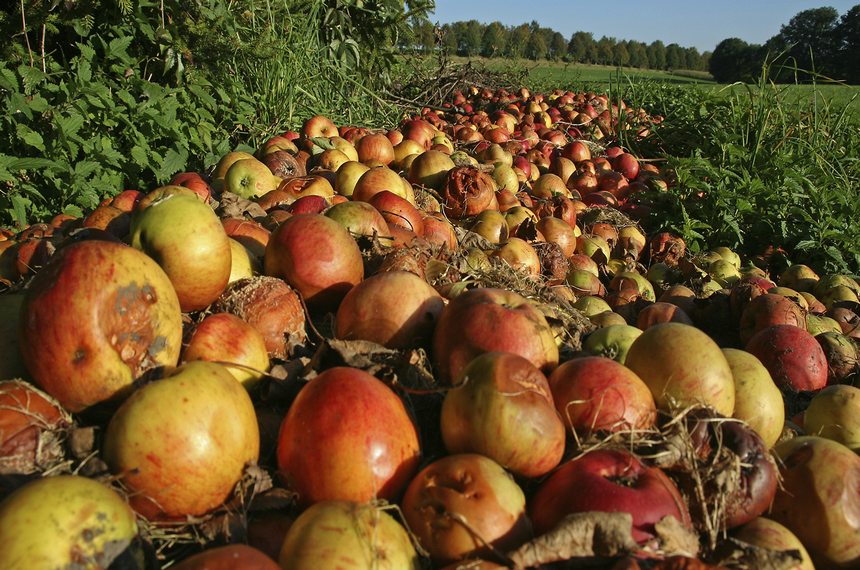
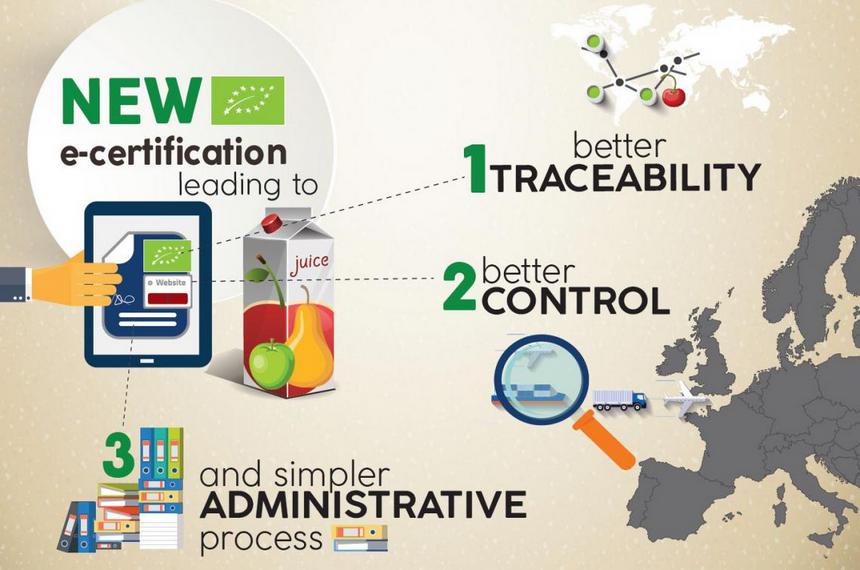
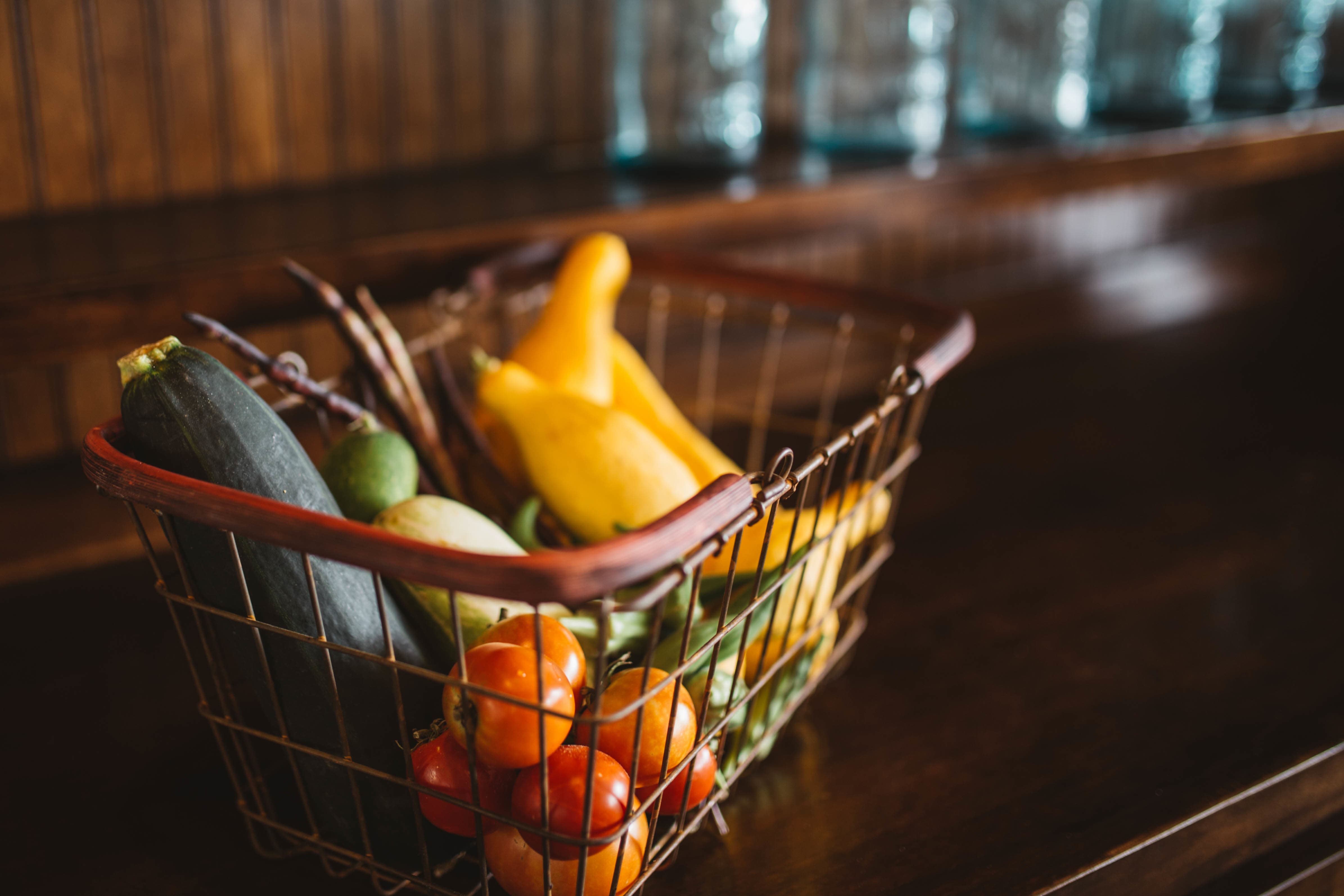
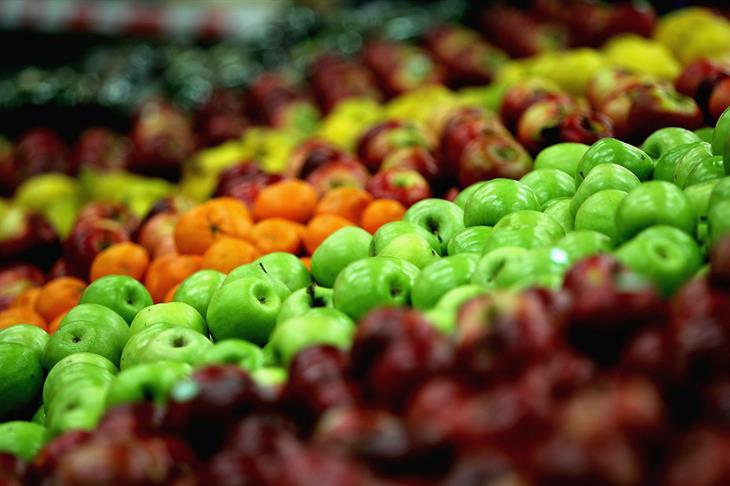
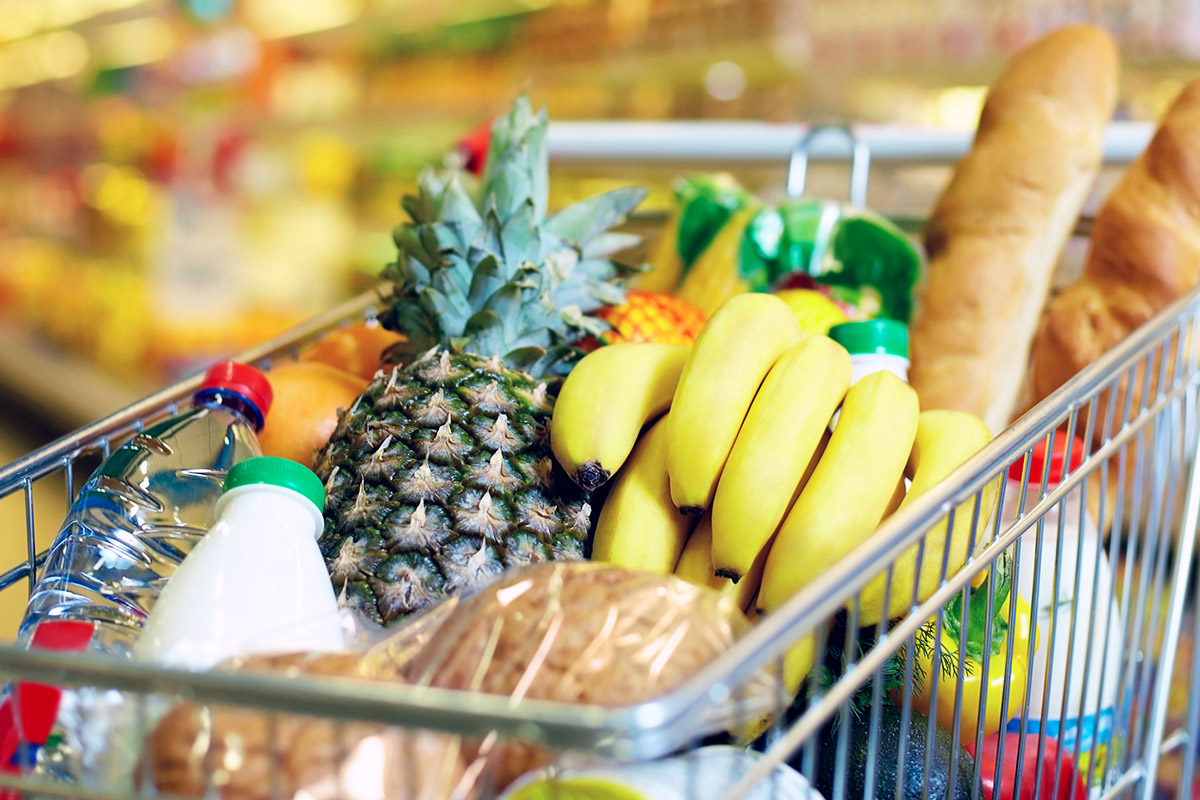
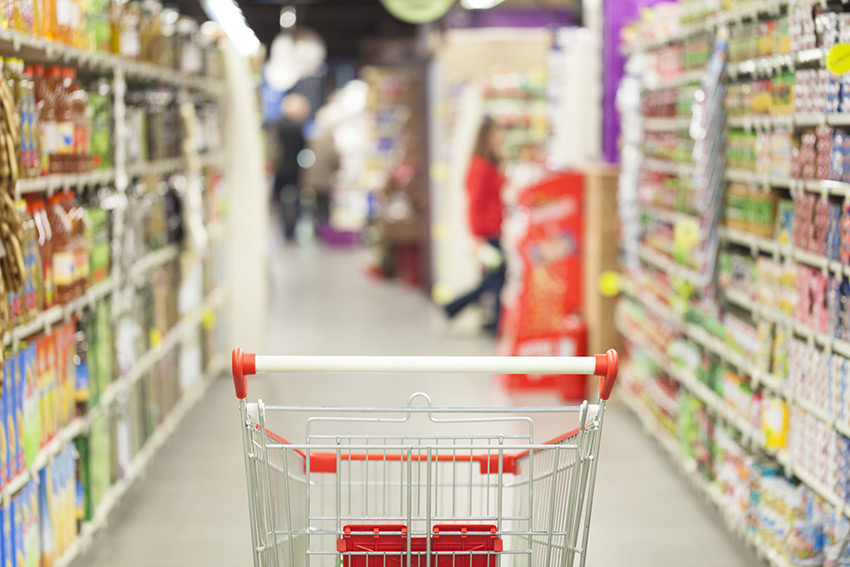
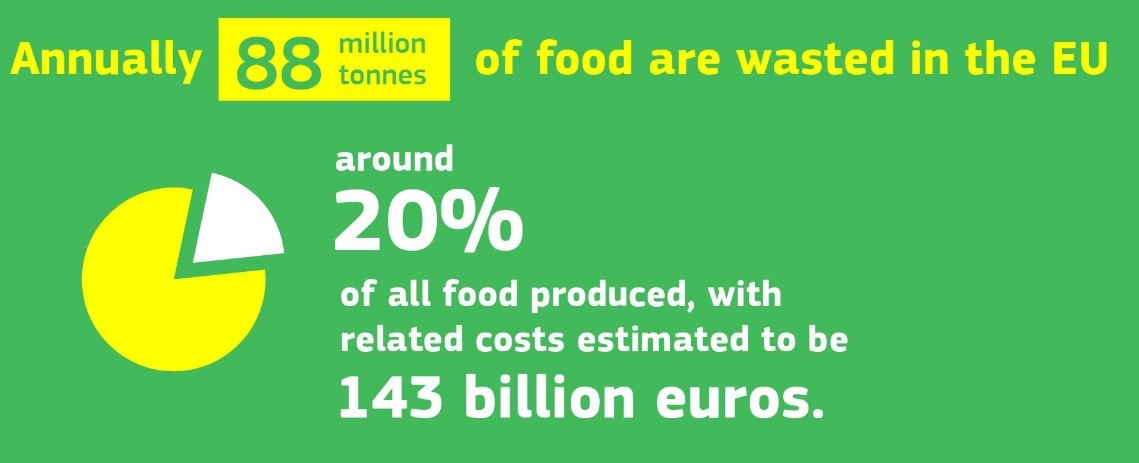
Follow us on